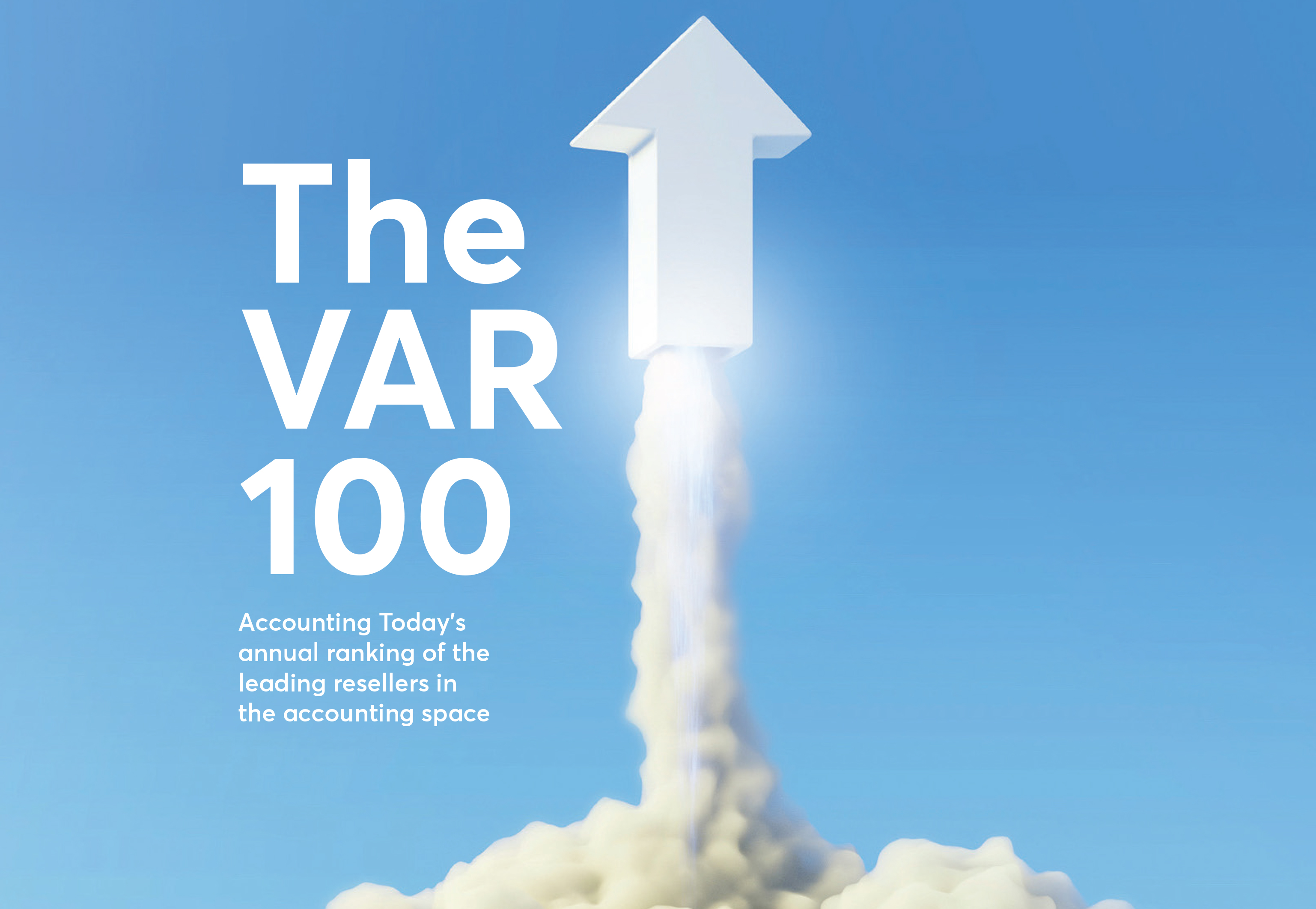It’s July. America has by now been experiencing a pandemic for a solid three months. This has been enough time for several pieces of COVID-19-related legislation to pass, for federal government aid programs to businesses to run out of funds more than once, and for the country to already see a resurgence in cases. It’s also been enough time for software resellers to settle into a new reality — one of slowed-down business, major cloud opportunities, and fresh starts.
When regions across the U.S. began to order varying degrees of social isolation, many VARs on this year’s VAR 100 list saw a rapid reduction in business. Either customers couldn’t pay their bills, or they were reevaluating renewing engagements.
“We were on the path of another year of significant growth,” explained Kayla Valtins of VistaVu Solutions, based in Houston. “We had scaled our resources to prepare and implement needed processes to support the scaling. In March, we saw a significant freeze on project work with the uncertainty of what was happening. In April, we started to see the shifts in industries, with many of them constricting. Industrial field services in the oil and gas space were hit especially hard. They put all projects on hold and started constricting their companies. New deals went on hold or were delayed. In late May, the life sciences industry started moving forward on projects and deals. We are projecting to be off budget projections on revenues by 30 percent.”
“[The pandemic] had a huge initial impact on our sales, as most of the companies in our ERP pipeline put everything on hold until they could assess what impact the pandemic was going to have on their company and their industry,” explained James Meyer, principal and director of business development for Maner Solutions. “Over the last few weeks, however, we have seen that turn around. COVID-19 is clearly causing companies to accelerate their digital transformation.”
“Unfortunately, a number of prospects have delayed their purchasing decisions,” said Debbie Peavy, customer engagement manager at SIS. “A number of projects went on hold; however, we have been able to adjust and work with our clients to get these projects rescheduled.”
“However, we also have a number of clients who see this time as an opportunity to leverage increased availability of their management teams to pursue ERP projects during these challenging times,” she added.
Unbelievable as it may seem, the country is still only in the first stages of the effects of the pandemic, and SIS and Maner Solutions weren’t the only VARs that are beginning to see signs of a new uptick in the pace of cloud adoption precisely because of the forced move to remote work. CAL Business Solutions reported that cloud ERP sales are still strong “because companies realize it is time for cloud,” while on-premise ERP system upgrades have been delayed due to supply chains stalling around hardware shipments and other COVID-19-related factors.
Other resellers, by a combination of how much they focus their services on the cloud, and regional luck of the draw, saw no slowdown at the start of the pandemic, but rather an immediate uptick in business.
“Over the past few months, we have gained quite a bit of business,” reported Scott Jackson, president of Alta Vista Technology. “With more and more teams needing to work remotely, many have found that having an on-premises accounting solution was no longer feasible. Without direct access to their systems, several were stalled or using patchwork methods of getting connected. This led to further research in cloud methods and a quick path to adoption.”
“Business initially shifted from ERP implementations to mitigation of legacy systems to adapt to the work-from-home environment,” reported Glenn Anstead, a partner and vice president of financial solutions at Marcum Technology. “As the economy has begun to reopen, we are seeing an increased emphasis on complete (all-in-one) cloud solutions that do not require multiple solutions or silos to be integrated. Mobile technology is becoming more important to organizations that anticipate staff to be working on the road again.”
Other firms are taking the opportunity to introduce new services around the pandemic and its effects. Dean Dorton Allen Ford quickly implemented “high-level technology to assist clients with remote work and business needs” as a first step. The firm now offers consulting resources, such as short-term accounting services; has created a full page of COVID-19 resources on its website; and has hosted webinars on the business impact of the pandemic. For now, firms and companies across the board are offering some version of these supportive services gratis; over time, as the industry finds a new normal, these services could become a new revenue stream.
Strength going forward will be easy to find for the VARs on this list who have continued to show year-on-year growth, and who have been capitalizing on the increased cloud adoption that has been building over the past decade. Though 2020 has been an exceptional year, to say the least, 2019 performed comfortably as predicted, with some resellers (such as The Resource Group, InterDyn Artis and Southeast Computer Solutions) having successfully merged into larger firms, as well.
The industry awaits what the rest of the year will bring, but in the meantime, resellers are astutely preparing their houses for a new economy.
(See the 2020 VAR 100 listing here.)